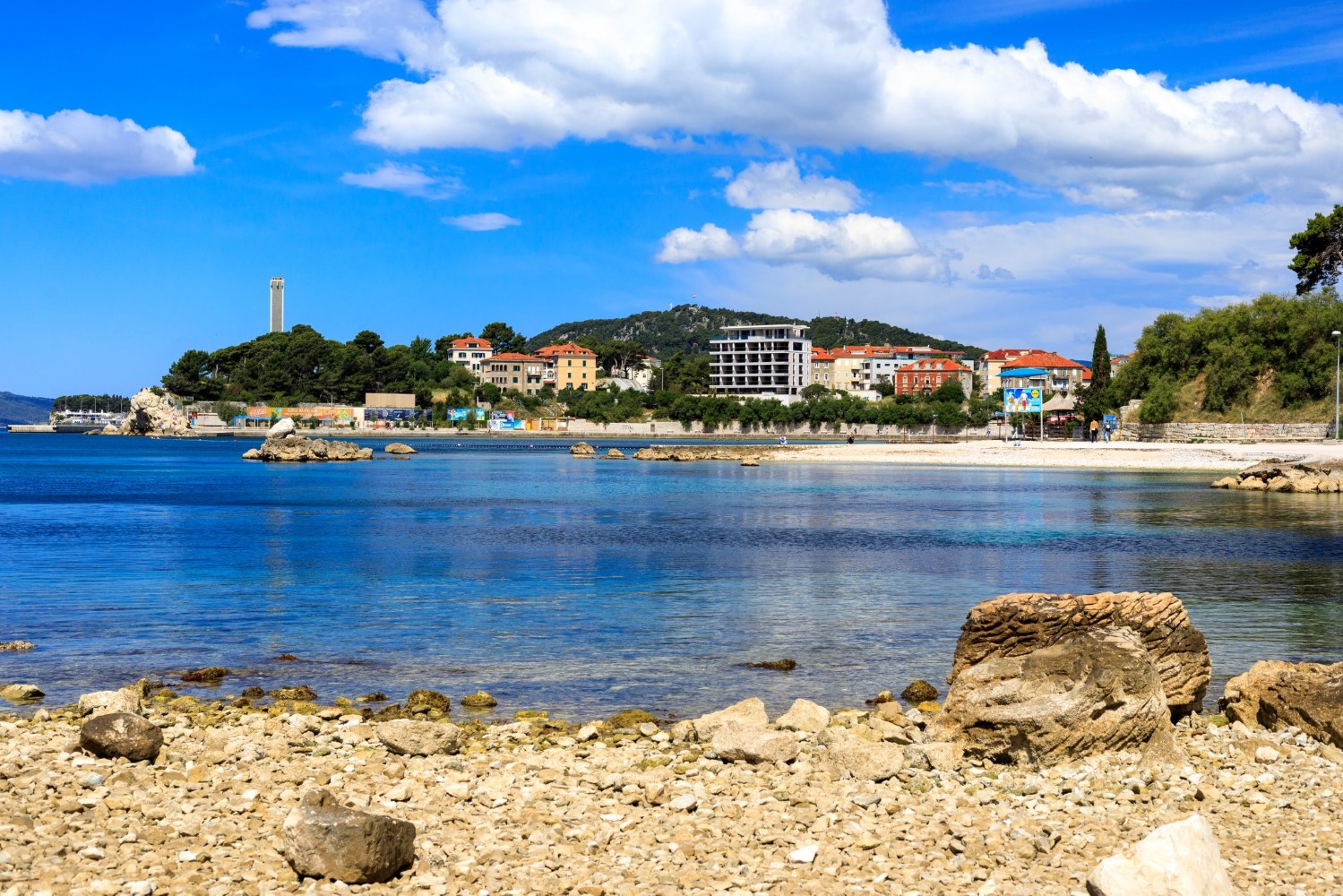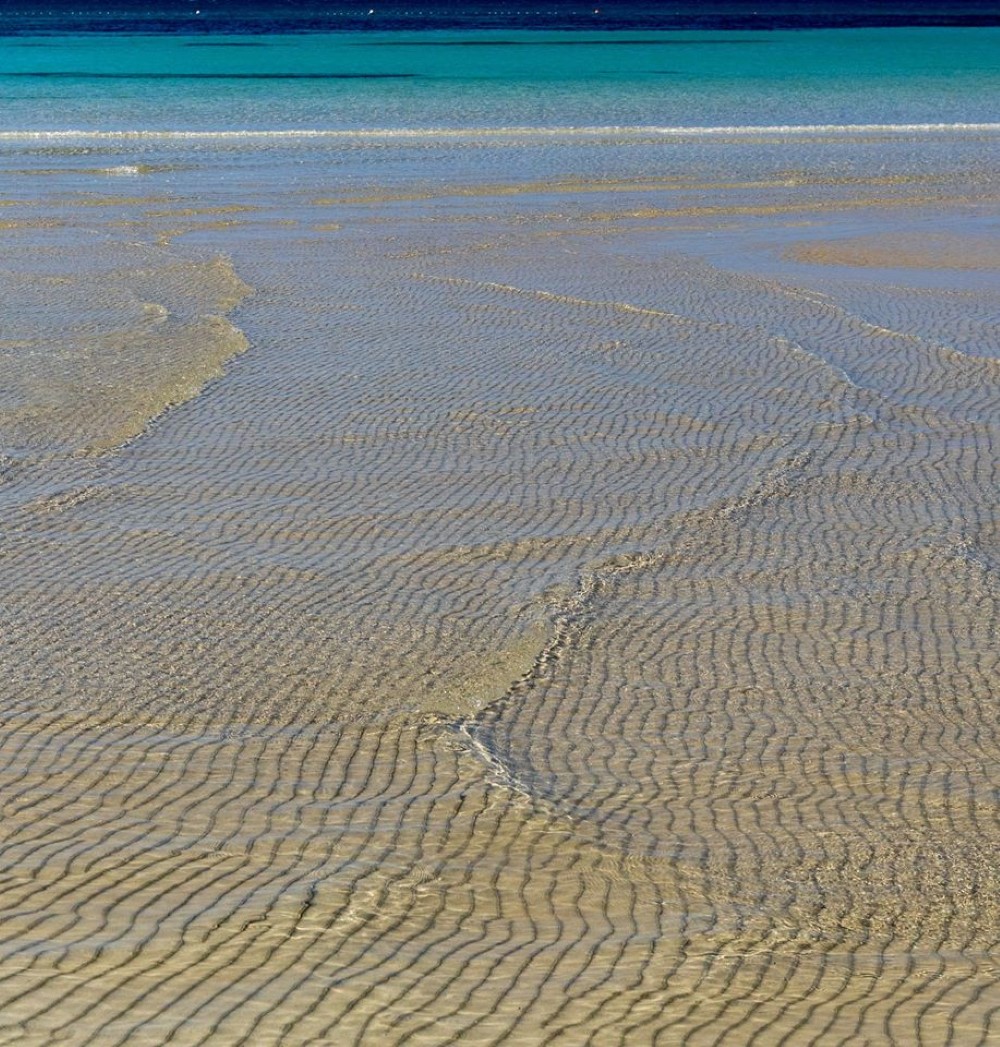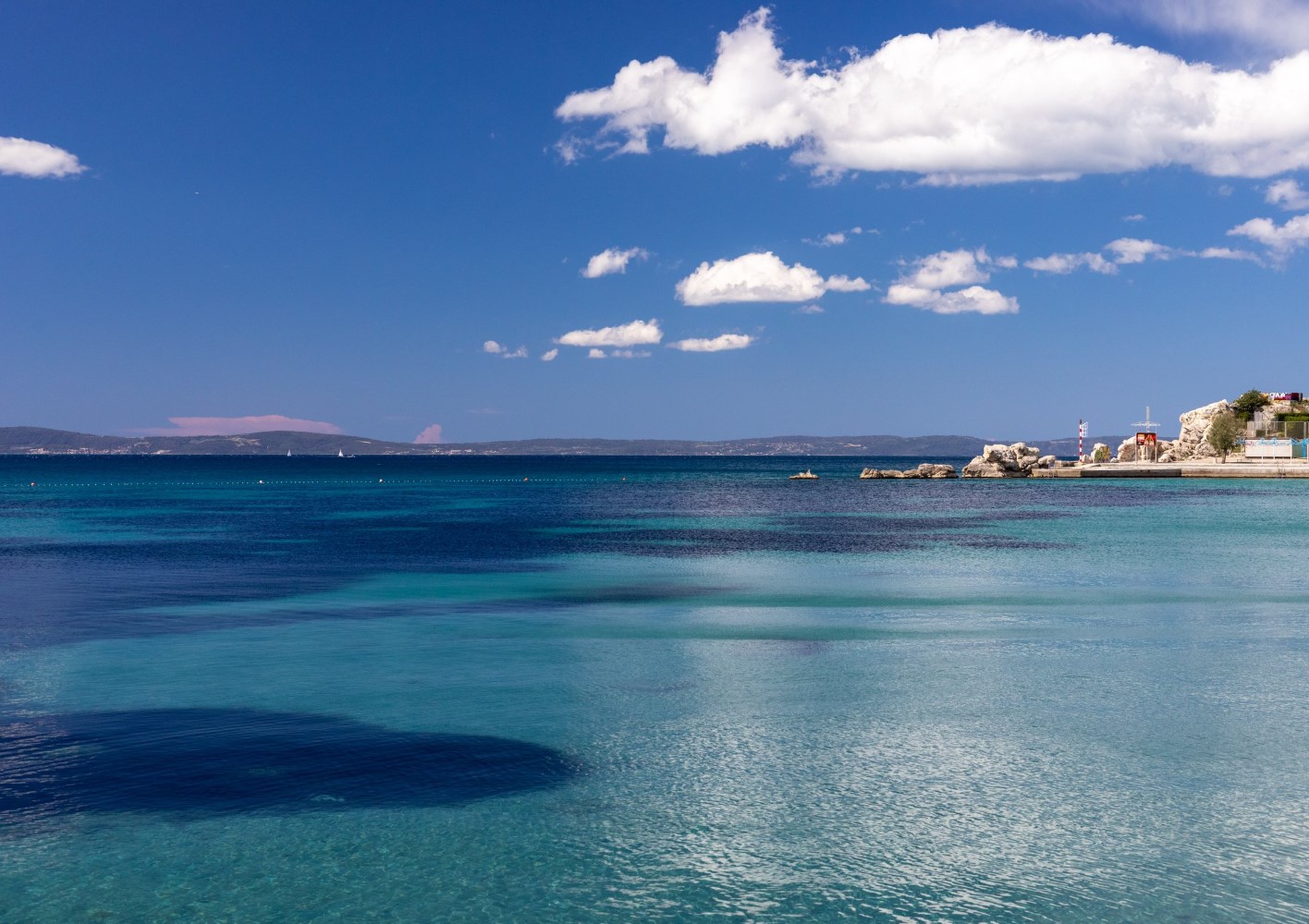Last updated on October 24, 2020 - What are the conditions for your return home after a holiday in Croatia? Do you need to quarantine? This article is regularly updated with the most recent information.
Getting the latest travel info is a challenge at the moment. The Total Croatia Travel INFO Viber community is putting together a resource to explain quarantine and testing requirements in your home country after a holiday in Croatia. Join us and contribute (you will need to download the Viber app).
A very useful resource to help us answer that question is Re-open Europe, so make sure you check that out first.
However, in addition to that, we decided to do some research of our own, as well as ask the VERY active new Viber community, Total Croatia Travel INFO for some help. We've managed to find the current travel information for most European countries, which you can find below. However, if your country is not covered, or if the rules have changed and we've missed that, please email us at This email address is being protected from spambots. You need JavaScript enabled to view it. Subject Quarantine, and we will add/edit (please include the official link).
All of the EU/EEA countries listed below (the EU, the UK, Switzerland, Norway, Lichtenstein, and Iceland) plus the US and Canada have the official decision linked under the country name:
Austria - as of August 17, Croatia has been placed on Austrian "high-risk list", meaning that all EU/EAA/Swiss citizens arriving from Croatia need to present a negative PCR test, not older than 72 hours, or self-quarantine until you get tested within 48 hours of entry into Austria.
Belgium has created three zones, Croatia has been placed on the Green list on July 28th, meaning that there are no limitations for passengers arriving from Croatia - NO QUARANTINE.
Bulgaria - There are currently no restrictions in place for Bulgarian citizens returning to Bulgaria from Croatia - NO QUARANTINE
Cyprus - Croatia is currently on the B list of countries, meaning greater epidemiological uncertainty. Travelers from the B-list countries need to show a negative test, taken 72 hours prior to entry. Citizens of Cyprus with permanent residence there are, however, exempt from that requirement.
Czechia - Croatia is on Czech list of countries with a low risk of COVID-19 - NO QUARANTINE
Denmark - Croatia added to Denmark's 'Orange list' as of August 28, which means that those returning to Denmark from Croatia are invited to get tested for COVID-19, or spend 14 days in quarantine
Estonia - citizens of Estonia and their family members are allowed to enter Estonia without any limitations. EU nationals are allowed to enter as long as they don't have any symptoms.
Finland - Travelers arriving in Finland from Croatia are allowed entry (with some restrictions) and are advised to self-quarantine upon entry. For further updates, please follow the official website, as the changes announced last week will not be applied.
France - NO QUARANTINE
Germany - Germany introduces new rules for those entering Germany from a high-risk area, saying they can get tested up to 72 hours after arriving in Germany, free of charge, and they don't need to self-quarantine for 14 days (click on this link for the list of the high-risk areas) - As of November 1, entire Croatia is on the German red-list on the German red-list.
Greece - no restrictions for entry into Greece for EU/EEA citizens
Hungary - national borders closed on September 1 for foreign nationals (except for the Czech, Polish, and Slovakian citizens with a negative COVID-19 test, as well as other exemptions), while Hungarian nationals returning to Hungary will have to either self-isolate for 14 days or have 2 negative PCR tests.
Iceland - everyone entering Iceland has to either get tested upon arrival or quarantine for 14 days. The citizens and residents of Iceland (update on July 30: and others entering Iceland) who choose to be tested upon arrival will have to take special precautions during the first five days after arrival in Iceland or until they can be tested for the second time.
Ireland - The Irish Authorities require anyone coming into Ireland, apart from Northern Ireland and a small group of "Green Countries" (Croatia not on that list), to self-isolate for 14 days.
Italy - On August 12, Italy introduced new rules for those entering their territory, if they've spent any time in the previous 14 days in Croatia, Greece, Spain, or Malta: they need to either present a negative test, not older than 72 hours, or get tested within 48 upon entry to Italy. No quarantine or self-isolation rules are mandated.
Latvia has a very complicated algorithm to determine who needs to self-isolate when arriving from which country, and currently, Croatia is on the list of countries where 14 days of self-isolation are mandatory upon return - both for Latvian and for Croatian citizens.
Lithuania - Lithuania has decided to remove Croatia from its list of epidemiologically safe countries. That means that the Croatian citizens are banned from entering Lithuania, while Lithuanian citizens entering their home country, after a stay in Croatia, will have to self-isolate for two weeks.
Liechtenstein follows the rules set by the Swiss government, so NO QUARANTINE.
Luxembourg - there are no limitations for EU citizens' entry into Luxembourg NO QUARANTINE.
Malta - Croatia is on the list of the safe 'corridor countries' created by the Malta government. Travel between Croatia and Malta is allowed if you've been in one of the 'safe countries' for 14 days before entering Malta (Serbia, Montenegro, Bosnia and Herzegovina not on that list) - NO QUARANTINE.
The Netherlands - as of July 21, Croatia is placed on the "Orange" list by the Dutch government, which means that both the Croatian nationals and the Dutch nationals returning to the Netherlands from Croatia are strongly advised to self-quarantine for 14 days (original decision, in Dutch)
Norway - Croatia is on the Norwegian "red list", meaning that anyone arriving in Norway from Croatia needs to quarantine for 10 days.
Poland - Persons crossing the borders of the Republic of Poland that are the internal EU borders do not have to undergo a mandatory 14-day quarantine - NO QUARANTINE for arrivals from Croatia.
Portugal - no restrictions for entry into mainland Portugal, some restrictions in place for Madeira and Azores NO QUARANTINE.
Romania - Croatia is on the Romanian "Green list" - no limitations on entry, NO QUARANTINE.
Slovakia - Croatia will be removed from the Slovakian List of “Safe countries” on September 1st - travelers who visited Croatia need to self-isolate in Slovakia until they receive the negative RT-PCR test result for COVID-19 done in the Slovak Republic)
Slovenia - Slovenia modified their green and red lists on September 28, and 8 Croatian counties are on the red list (Brod Posavina, Dubrovnik-Neretva, Lika-Senj, Požega-Slavonia, Šibenik-Knin, Split-Dalmatia, Virovitica-Podravina, and Zadar counties, while the rest of them (including all that are bordering with Slovenia) are on the yellow list.
Spain has opened its borders to Spanish and other EU citizens without limitations - NO QUARANTINE.
Sweden has no limitations for entry for its own or any other EU citizens - NO QUARANTINE.
Switzerland - As of September 7, travelers entering Switzerland from Croatia have to go into quarantine for ten days (no exemption for negative test-result holders)
The UK - On August 22nd, at 4am, Croatia to be removed from the UK travel corridor list, meaning that passengers arriving in the UK after that time will have to quarantine for 14 days.
USA - Croatia is not on the American list of countries that are under travel restrictions. All passengers arriving in the US from Croatia are, however, advised to self-isolate for 14 days.
Canada has a mandatory 14-day quarantine for anyone entering Canada, including Croatian citizens.
The information is out there, and we can find it as a community. If you would like to help grow this list further, join the Total Croatia Travel INFO Viber community and place the link.
For an overview of the most important recent TCN travel articles, follow this dedicated link.





